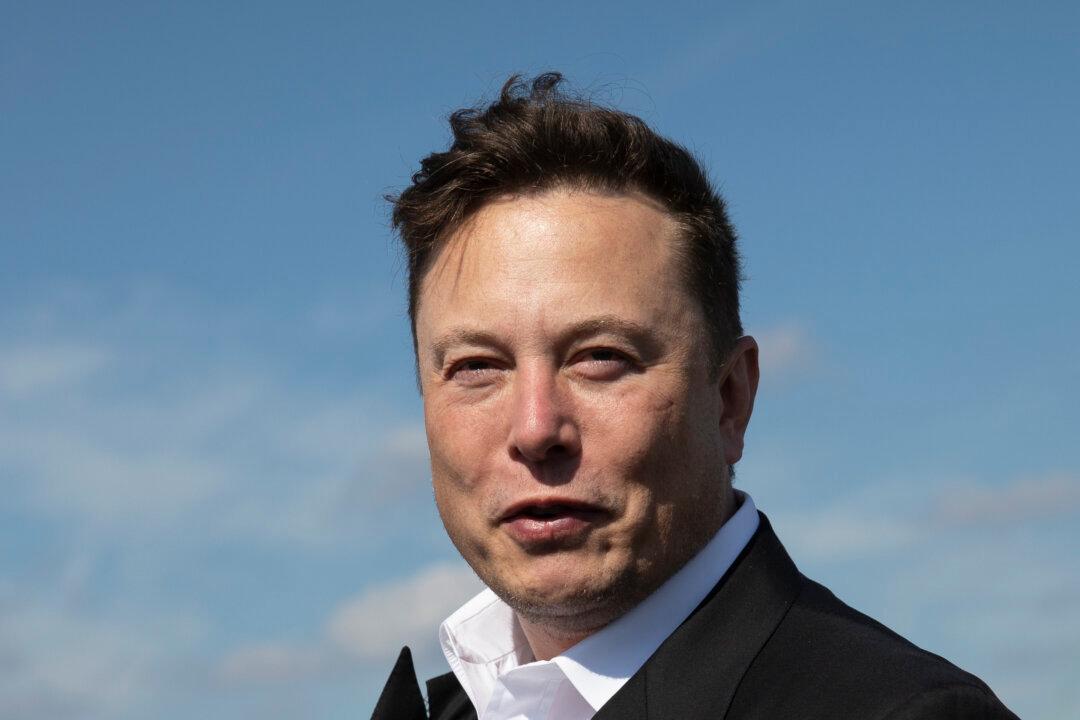Tesla will no longer accept the cryptocurrency bitcoin as payment, the company’s CEO Elon Musk announced on May 12.
Musk said the abrupt move came because of worries over how much energy bitcoin mining, or production, consumes.


Tesla will no longer accept the cryptocurrency bitcoin as payment, the company’s CEO Elon Musk announced on May 12.
Musk said the abrupt move came because of worries over how much energy bitcoin mining, or production, consumes.